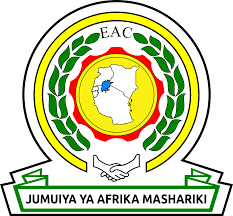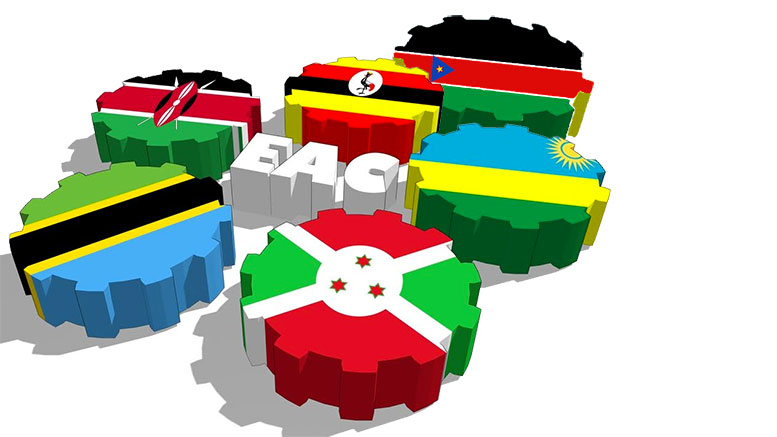Immigration restrictions between citizens of East African Community (EAC) member states could derail the efforts by the bloc to align with the continental free trade policies, according to new data prepared by the African Development Bank (AfDB).
The report released by the AfDB and African Union Commission on Sunday shows that while the EAC is generally supportive of integration and regional trade, members of the bloc have retained certain barriers on movement of people within partner states. The Africa Visa Openness Index (AVOI), which tracks readiness of countries to accept each other’s citizens, shows that while the EAC had one of the highest openness scores in 2017, that grade dropped last year as member states increased and individual member states imposed their own restrictions.
The expansion of the EAC by South Sudan and the Democratic Republic of Congo (DRC) seems to have derailed wider openness in the bloc. Both countries still require visas from some of the EAC member states but overall, each of the seven-member states still ask for visas from at least one other member states. It means that EAC member states are only 76% open to each other’s citizens. To that end, experts have warn that the slow pace of opening up may in fact hurt trade ambitions.
Free movement of people, labour policies and open skies for air transport and the African Continental Free Trade Area Agreement (AfCTA) can be compared to “four wheels of a vehicle,” said Maureen Achieng, Permanent Representative of IGAD to the African Union. “If one of those wheels does not move right, the vehicle will possibly grind to a halt.”



